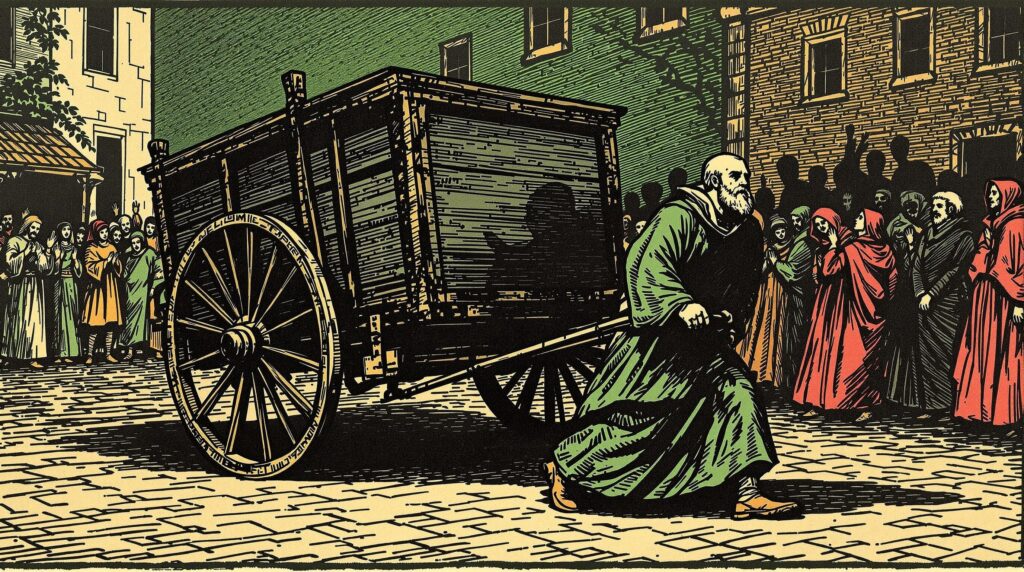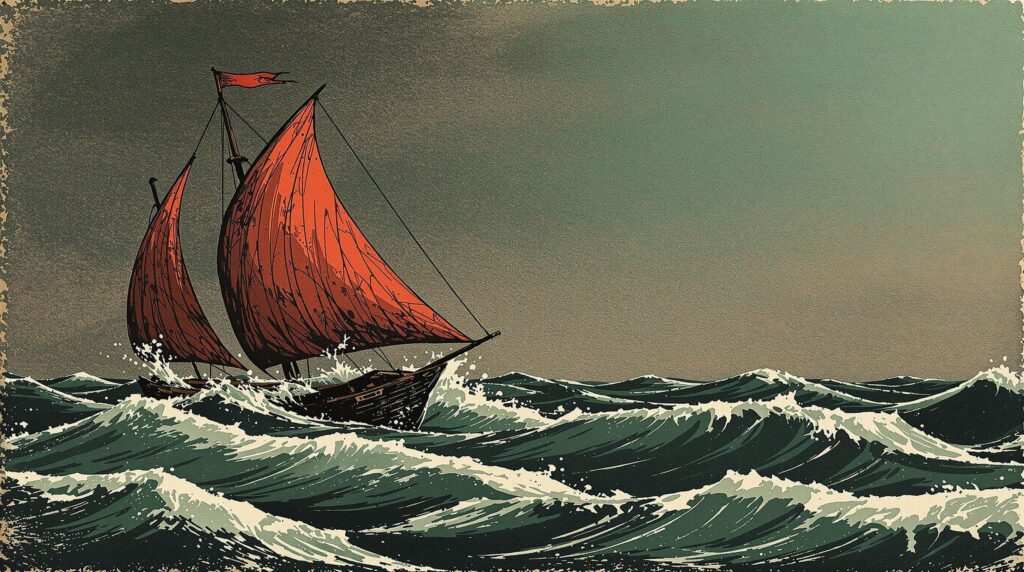In this chapter, Zarathustra delivers a critical monologue addressing the “famous wise men” of society. He accuses them of serving the superstitions and prejudices of the masses rather than seeking and upholding the truth. Zarathustra asserts that these wise men have been revered not for their pursuit of truth but because they reinforced the beliefs and comforts of the people.
He contrasts these wise men with a “free spirit”, who is likened to a wolf hated by dogs—a symbol of one who challenges norms and is ostracized by society. This free spirit is the enemy of constraints and does not partake in worship or idolatry. He lives in seclusion, dwelling in forests, representing a life removed from societal conventions. Society hunts this free spirit, viewing the pursuit as a righteous act, and unleashes its “sharp-toothed dogs” to suppress him.
Zarathustra calls upon the famous wise men to shed their false appearances, urging them to abandon their pretenses of bravery and seeking. Their “lion’s skin” symbolizes borrowed valor and deceptive strength. To gain credibility in their truthfulness, they must break their “worshipping will”, relinquishing their reverence for societal approval and traditional beliefs.
Zarathustra describes the path of the truly truthful individual as one who ventures into godless deserts, breaking away from worship and idols. This journey is solitary and demanding, characterized by hunger, violence, and fearlessness—a “lion-will” that desires freedom from servitude and divine authority.

In the barren wilderness the truthful ones have always lived, the free spirits, as lords of the desert; but in the cities dwell the well-foddered, famous wise ones — the draught-beasts. For they always draw as asses – the people’s cart!
He criticizes the famous wise men for their complacency and subservience. Residing in cities among the well-fed, they are likened to draft animals that pull the people’s cart, symbolizing their role in perpetuating societal norms and expectations. Even when adorned with golden harnesses, they remain servants, their outward splendor masking their true status.
Acknowledging that these wise men have sometimes been good and praiseworthy servants, Zarathustra emphasizes that their virtues are still rooted in serving the people’s spirit and morality. However, he points out that they remain unaware of the true essence of the spirit. The spirit, according to Zarathustra, is life that cuts into itself, growing through self-inflicted suffering and the pursuit of knowledge that comes from personal struggle.
He chastises them for only knowing sparks of the spirit and not recognizing the anvil and the cruelty of its hammer. They have not endured the trials necessary to comprehend the depths of wisdom. Their familiarity with the spirit is superficial and lacks the intensity and rigor that true understanding demands.
Zarathustra further accuses the wise men of turning wisdom into “a haven for inept poets”, thus demeaning its value. He implies that they lack the courage to confront the abysses of thought, as they are “no eagles” and should not position themselves over profound depths they cannot fathom.
He contrasts their lukewarm nature with the ice-cold wells of the deepest spirit, which offer refreshment to those who are passionate and active. The true seeker experiences both the scorching heat of desire and the exhilarating chill of profound insight. The famous wise men, being tepid, have not known these extremes.

Have you never seen a sail going over the sea, rounded and full and trembling from the violence of the wind? Like the sail, trembling from the violence of the spirit, my wisdom goes over the sea – my wild wisdom!
In the concluding passages, Zarathustra compares his own wisdom to a sail over the sea, filled and trembling before the strong winds of the spirit—a dynamic and perilous journey that the famous wise men are incapable of undertaking. He highlights his own solitary and fearless pursuit of truth, setting himself apart from those who remain anchored to the comforts and conventions of society.
